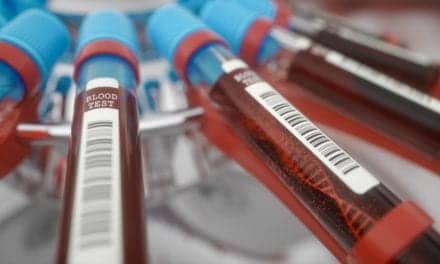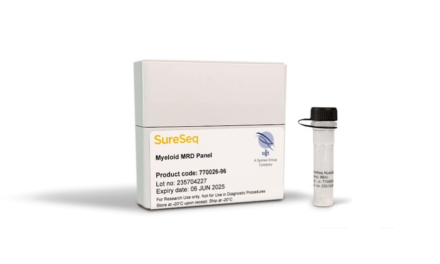Canopy Biosciences LLC, St Louis, a provider of gene editing and gene expression products and services, has exclusively licensed a technology for error correction in next-generation sequencing (NGS) from Washington University. The license encompasses both a novel method and bioinformatic tools that combine to improve the level of detection in NGS, allowing for the identification of ultrarare gene variants.
Initially developed as an ultrasensitive method to detect residual disease in pediatric leukemia, the error-corrected sequencing method utilizes unique molecular index technology to help differentiate rare genetic events from errors that may have occurred in the sequencing workflow. The method is an important breakthrough for the clinical space, but the utility of the technology is much broader. Research using the technology has unveiled gene variants that have been validated and have influenced current understandings about aging, cancer, and cardiovascular disease.
“Canopy is a great team to bring this technology to market,” says Todd E. Druley, MD, PhD, an assistant professor of pediatrics, developmental biology, and genetics at Washington University, and coinventor of the technology. “Given the ever-expanding applications for this technology, they are committed to making innovation accessible to researchers, which will facilitate another level of insight into disease through NGS.”
Canopy Biosciences expects to launch a service based on its license by the second quarter of 2019. With the new service, Canopy will build on its solid foundation of contract research services—including RNASeq, NanoString, and Meso Scale discovery—to provide cutting edge and powerful tools to the research community.
“The power that this technology brings to genomic sequencing is game-changing; taking the error rate for NGS from 5 in 100 sequences to 1 in 10,000,” says Edward Weinstein, PhD, CEO of Canopy Biosciences. “Such a significant improvement over the current methods has remarkable implications for the research community, but the potential for error-corrected sequencing in the clinical space will change the way patients are treated.”
For further information, visit Canopy Biosciences.





